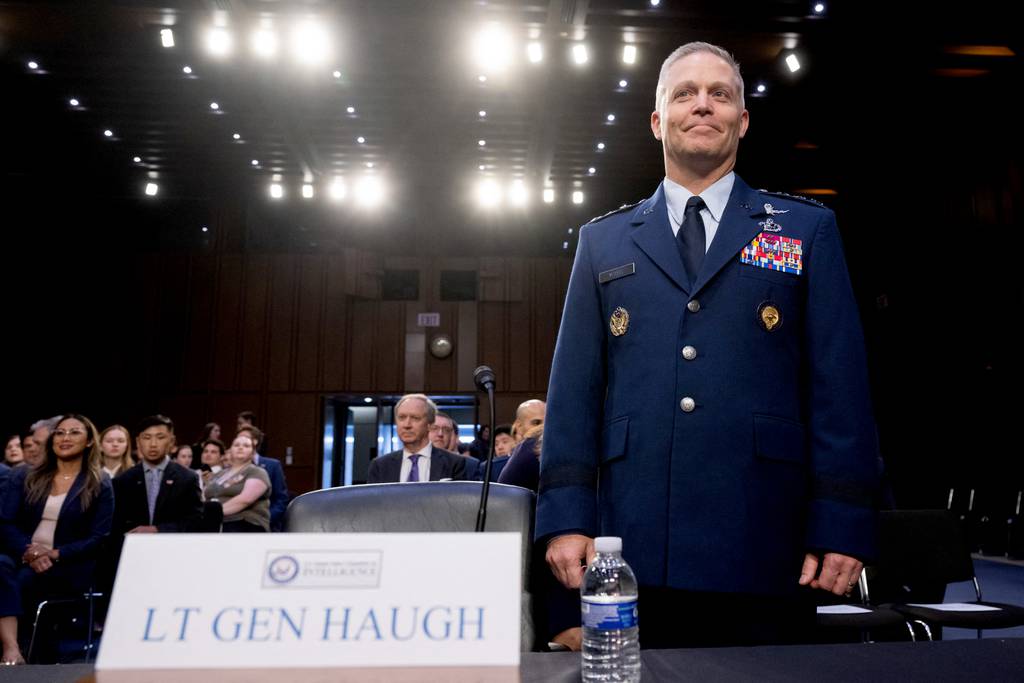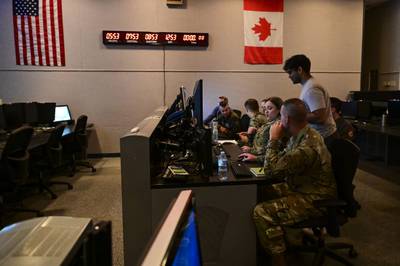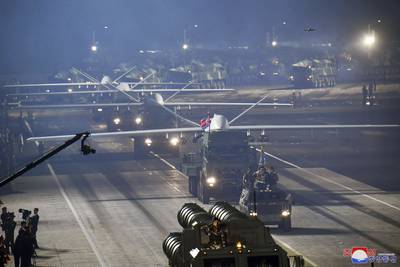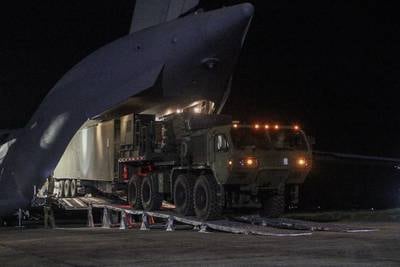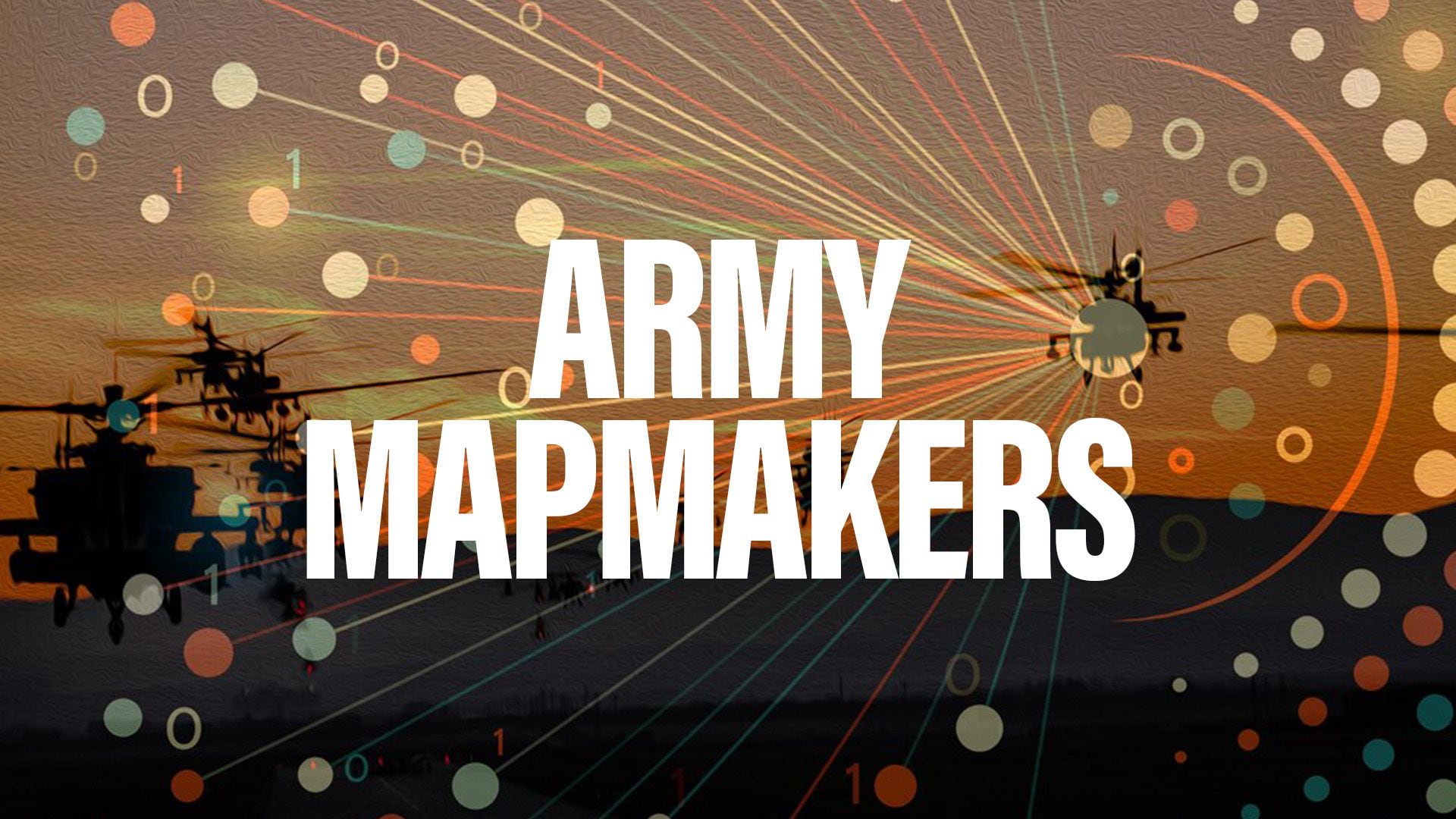WASHINGTON — Russia’s pattern of cyber belligerence against Ukraine, heightened by an ongoing invasion, necessitates continued support from the U.S., according to President Joe Biden’s pick to lead Cyber Command and the National Security Agency.
While Ukraine deserves “great credit” for shoring up its digital defenses and coordinating with NATO members, Russian hacking attempts will likely not abate, Air Force Lt. Gen. Timothy Haugh told lawmakers during his July 12 confirmation hearing.
“We would expect that Russia will continue to use every cyber capability that they have as part of their unlawful conflict,” he said. “Wherever we can provide assistance, we should continue to do that.”
Russia uses cyber to project power, soften targets and meddle in foreign affairs. Microsoft in June attributed a wave of cyberattacks against Ukrainian government agencies and information-technology vendors to hackers associated with the GRU, Moscow’s military intelligence service. The group, dubbed “Cadet Blizzard,” also focused efforts on countries funneling military aid into Eastern Europe, the company said.
The U.S. dispatched cyber experts to Ukraine in late 2021, ahead of Russia’s invasion. The so-called hunt-forward operation — a defensive and cooperative measure, taken at the invitation of a foreign government — was designed to identify network weaknesses and expose unsavory behavior.
RELATED
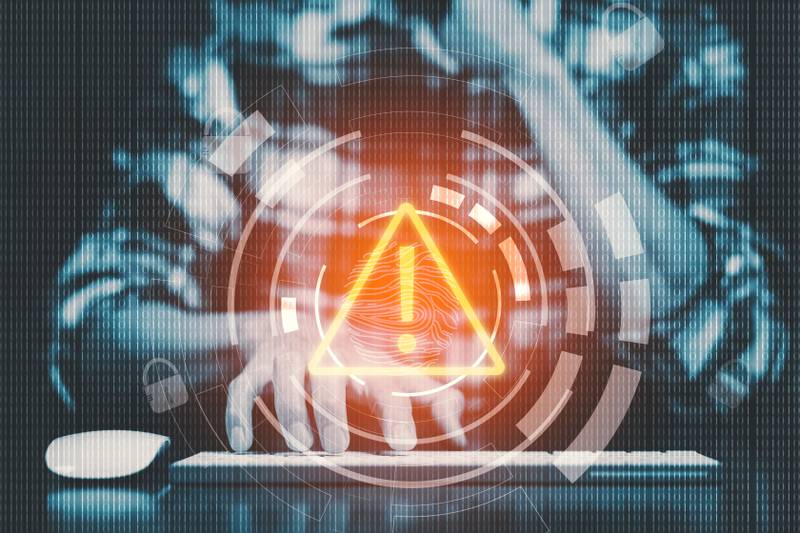
Hunt-forward ventures are part of CYBERCOM’s persistent engagement strategy, a means of being in constant contact with adversaries and ensuring proactive, not reactive, moves are made. The command, tasked with guarding Department of Defense information and coordinating cyberspace operations, has conducted dozens of such missions, including in Albania, in the wake of Iranian cyberattacks, and in Latvia, where malware was unearthed.
“I think we need to engage our adversaries if they’re conducting activities that are malign and have a negative impact on the national security of the United States or a negative impact on our allies and partners,” said Haugh, who serves as CYBERCOM’s deputy commander. “And that ability to do that, and the ability to put pressure on them, expose their activities, while also making our allies and partners more resilient, is absolutely critical every day.”
If confirmed by the Senate, Haugh would replace Army Gen. Paul Nakasone, who has worked the dual CYBERCOM-NSA role since 2018. Nakasone earlier this year described Russia as a “very capable adversary.”
Senior military confirmations are in a holding pattern as Alabama Republican Sen. Tommy Tuberville protests a Pentagon policy for troops seeking abortion services in states where it is now illegal to administer them. More than 200 positions or assignments are being blocked.
Colin Demarest was a reporter at C4ISRNET, where he covered military networks, cyber and IT. Colin had previously covered the Department of Energy and its National Nuclear Security Administration — namely Cold War cleanup and nuclear weapons development — for a daily newspaper in South Carolina. Colin is also an award-winning photographer.
